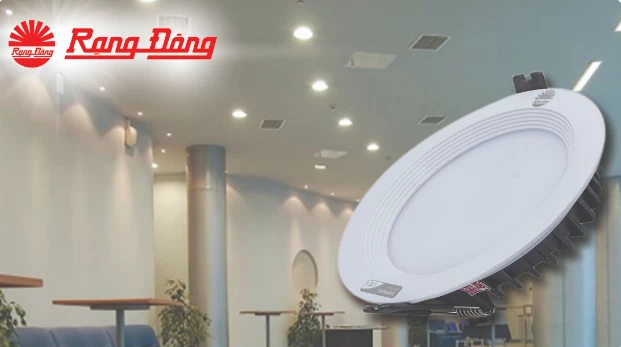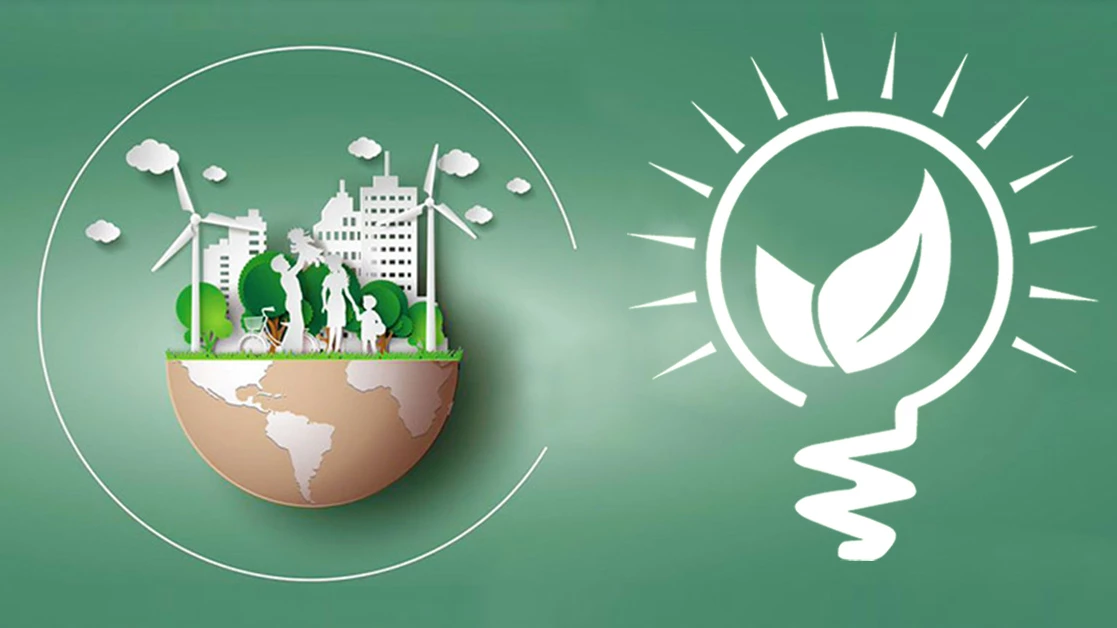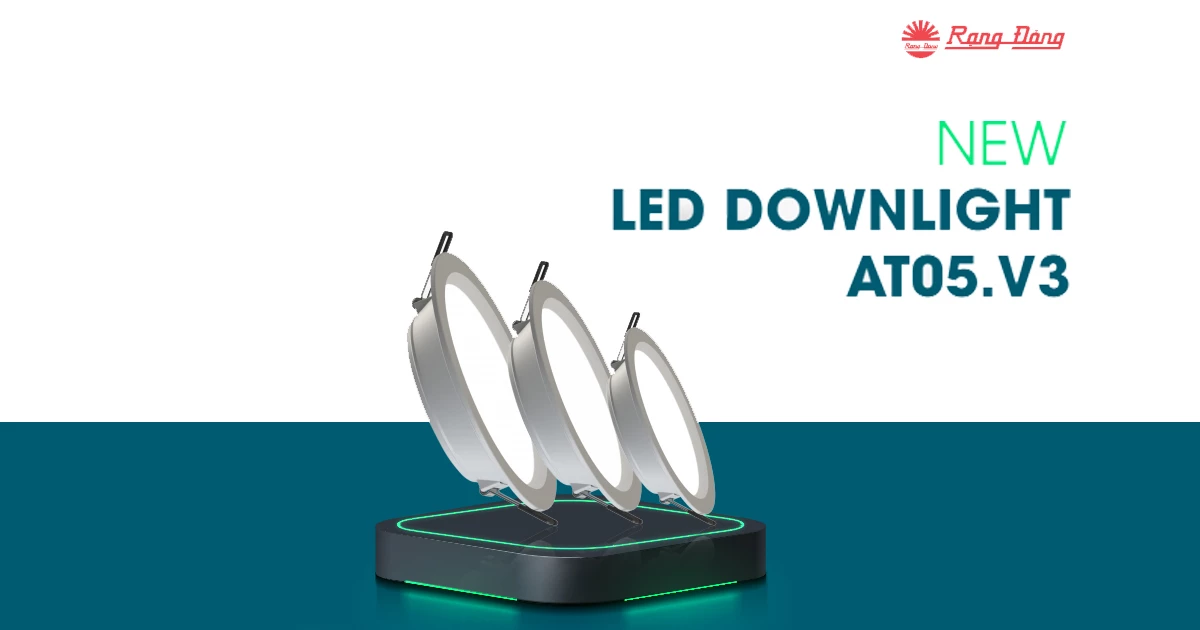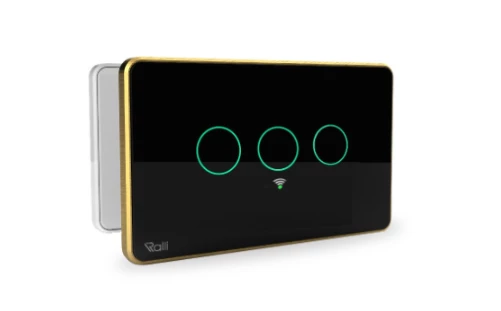
Top Electricity Saving Tips for a Sustainable Future in 2025
Electricity saving has become a crucial topic as we step into 2025, driven by rising energy costs and growing environmental awareness. Implementing effective electricity saving methods not only helps households and businesses cut down on utility bills but also significantly reduces the global carbon footprint. This article explores proven strategies to optimize energy usage, including innovative technology adoption, daily habit adjustments, and effective home energy management. Join us in discovering how simple actions today can lead to substantial electricity savings tomorrow.
Why Electricity Saving Matters in 2025
The urgency of electricity saving in 2025 stems from escalating electricity rates and heightened concerns about climate change. Efficient use of electricity is vital in managing expenses, enhancing energy security, and minimizing environmental impact. As energy production remains predominantly reliant on fossil fuels, responsible electricity usage directly contributes to reducing greenhouse gas emissions.
Innovative Technologies for Saving Electricity
Adopting modern technologies plays a significant role in reducing electricity consumption. Smart thermostats, energy-efficient LED lighting, and automated home systems help optimize energy use. Smart thermostats automatically adjust temperatures based on occupancy, significantly reducing wasted electricity. Meanwhile, LED lighting consumes up to 80% less energy compared to traditional incandescent bulbs, offering substantial savings and longer lifespan. 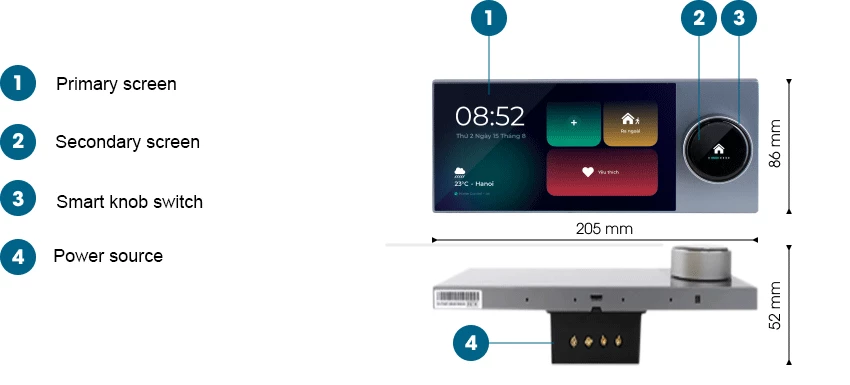
Smart LED lighting systems offer additional energy-saving features like dimming, scheduling, and motion sensing.
Furthermore, renewable energy solutions such as solar panels and home battery storage systems are increasingly accessible. These technologies not only contribute to electricity saving but also support households in becoming energy independent and less reliant on the grid.
Everyday Habits to Enhance Power Saving
Simple daily practices greatly impact electricity saving efforts. Turning off appliances when not in use, unplugging chargers, and reducing standby power can cumulatively yield significant savings. Setting washing machines and dishwashers to eco-friendly or energy-saving modes can further reduce consumption.
 Unplug devices when they're not in use.
Unplug devices when they're not in use.
Behavioral adjustments, such as maximizing natural daylight during daytime and using energy-intensive appliances during off-peak hours, also enhance overall power saving. Educating all household members on these habits ensures collective and sustained efforts toward efficient energy usage.
Effective Home Energy Management
Managing home energy effectively is essential to achieving optimal power saving. Regularly conducting energy audits to identify areas of waste allows homeowners to implement targeted solutions. Upgrading insulation, sealing drafts, and using energy-efficient windows significantly reduce heating and cooling costs.
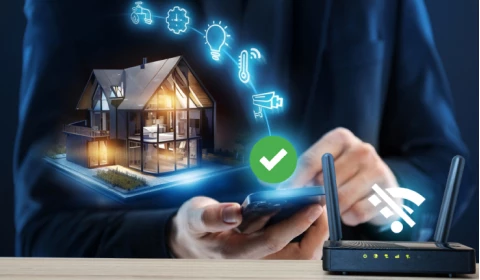 Smart homes have the potential to significantly save electricity by incorporating various technologies and automation that optimize energy usage.
Smart homes have the potential to significantly save electricity by incorporating various technologies and automation that optimize energy usage.
Additionally, investing in energy-efficient appliances with high energy-star ratings ensures lower long-term electricity consumption. By integrating smart home energy management systems, homeowners can precisely monitor and control energy use, maximizing savings and minimizing waste.
Should you have any questions or request a quotation of Rang Dong products, please send us an email to: export@rangdong.com.vn
Websites: en.rangdong.com.vn and vacuumflask.rangdong.com.vn.



